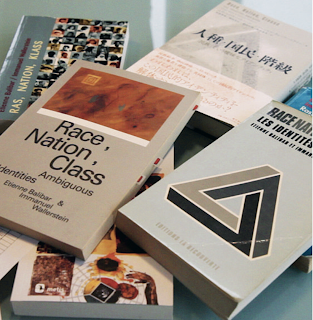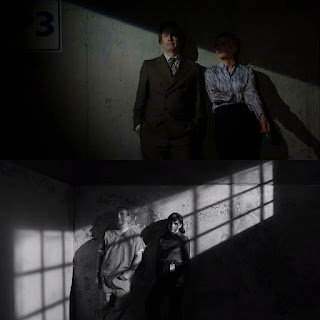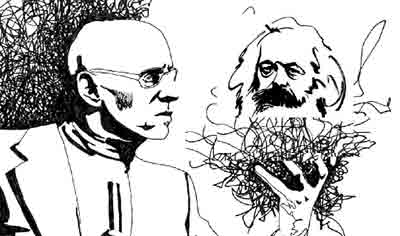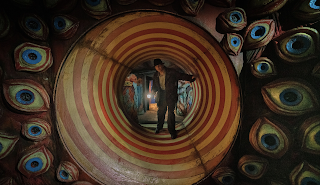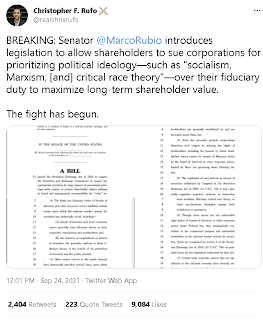I was invited to write a piece for the APA's blog about film. I decided to write about Nope a movie that has become one of my favorites of the year. I am generally pleased by how the piece came out. In the piece I generally viewed the film through the way in which it is framed in relation to the science fiction film. I think that one of the way in which the film addresses the dominance of the spectacle is that both the characters in the film as well as the audience views the film from the perspective of the "first contact" film. Of course the film subverts these expectations, illustrating that what we see and understand is itself already dominated by the dead images that overwhelm our vision. We see a silver disc as a flying saucer and expect it to be filled with "viewers' because so many films have taught us to see things that way. That the film ultimately forces us to confront the limitation of that way of seeing suggests that this film is in some sense about unlearning what the spectacle teaches us to see.

